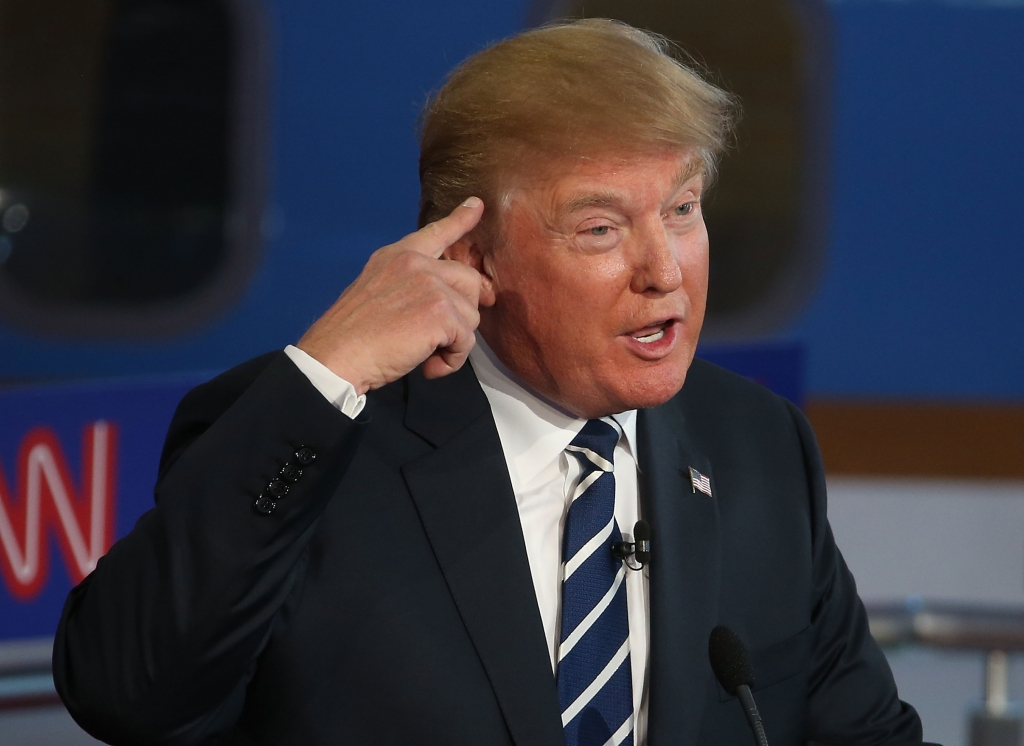-
Tips for becoming a good boxer - November 6, 2020
-
7 expert tips for making your hens night a memorable one - November 6, 2020
-
5 reasons to host your Christmas party on a cruise boat - November 6, 2020
-
What to do when you’re charged with a crime - November 6, 2020
-
Should you get one or multiple dogs? Here’s all you need to know - November 3, 2020
-
A Guide: How to Build Your Very Own Magic Mirror - February 14, 2019
-
Our Top Inspirational Baseball Stars - November 24, 2018
-
Five Tech Tools That Will Help You Turn Your Blog into a Business - November 24, 2018
-
How to Indulge on Vacation without Expanding Your Waist - November 9, 2018
-
5 Strategies for Businesses to Appeal to Today’s Increasingly Mobile-Crazed Customers - November 9, 2018
On Twitter, Conservatives and Liberals Often Speak a Different Language
Researchers at Queen Mary University of London studied nearly a million tweets from more than 10,000 users in the USA to assert that Republican and Democrat supporters could be detected by looking at their vocabulary and topics of choice.
Advertisement
Among the top words that liberals used were “shit” and “fuck” along with “happy”, “like”, “feel”, and “amaze”, researchers discovered.
Liberals were more likely to discuss global news.
As might be expected, there were also clear differences in the discussion of politics and topical issues.
Liberals were more likely to talk about worldwide events that were occurring during the time the study was conducted, often mentioning “Kenya”, where 60 people were killed in violent attacks, as well as “Delhi”, which also dominated headlines during the study, according to researchers.
Interestingly, Republicans discussed liberal politicians Barack Obama, Harry Reid and Nancy Pelosi the most, while Democrats were more likely to discuss Republican politician Dick Cheney.
Authors of the study said the results were not surprising as physiological research backs up their finding, saying that liberals tend to be more emotive, while conservatives tend to emphasize their group identity.
This study found that this also surfaces in everyday language on Twitter, with liberals more likely than conservatives to use words like “I” and “me”, while conservatives use words like “we” and “our” more. “The way people talk and interact on Twitter can provide a more robust and natural source for analyzing behavior than the traditional experiments and surveys”, Matthew Purver, from Queen Mary University of London and co-author of the report, said in a statement, reported NBC News.
It’s not simply because liberals tweet phrases like “universal healthcare” while conservatives tweet about the military – although there are certain political buzzwords each side tends to favor.
The researchers predict that political parties from both ends of the spectrum will begin to take advantage of the inherent psychological motivations that are easily discernible in the words a person uses in tweets. Even though only about 14% of American adults are on Twitter, their tweets have the advantage of being more candid, Sylwester and Purver wrote.
The study, published in PLOS ONE, showed that the language used on Twitter fits with previous understanding of the psychology of liberal and conservative people.
Advertisement
Instead of focusing on the words people used most, they examined the most “differentiating” words – that is, words that were embraced by one group and largely ignored by the other.




























